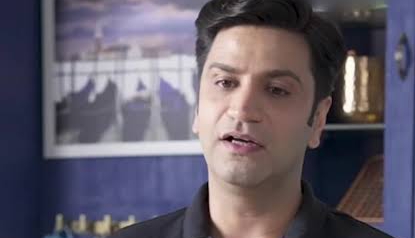The Delhi High Court, on Tuesday, approved celebrity chef Kunal Kapur’s divorce petition, citing cruelty from his estranged wife. The court criticized the woman’s behavior towards Kapur, deeming it lacking in dignity and empathy. This decision overturned the family court’s ruling, asserting that publicly making reckless, defamatory, humiliating, and unsupported accusations against a spouse constitutes cruelty, as per established legal precedent.
“In the light of the aforenoted facts of the present case, we find that the conduct of the respondent (wife) towards the appellant (husband) has been such that it is devoid of dignity and empathy towards him. When such is the nature of one spouse towards the other, it brings disgrace to the very essence of marriage and there exists no possible reason as to why he should be compelled to live while enduring the agony of living together,” a bench of Justices Suresh Kumar Kait and Neena Bansal Krishna said.
The estranged couple married each other back in 2008 and they have birth to a son in 2012.
In his petition, Kapur, known for his role as a judge on the television show MasterChef India, alleged that his wife never showed respect to his parents and often humiliated him. Conversely, the woman countered his claims, asserting that he fabricated allegations to deceive the court. She claimed to have always endeavored to communicate with her husband in a loving manner and remained faithful to him. However, she alleged that he deceived her and fabricated stories to seek a divorce.
The court remarked that while disagreements are natural in marriages, when such conflicts manifest as disrespect and lack of consideration towards a spouse, the sanctity of the marriage itself is compromised.
“It is relevant to mention here that within two years of marriage, the appellant has established himself as a celebrity chef, which is a reflection of his hard work and determination. Considering the aforesaid facts, it is only prudent to observe that these are mere allegations made by the respondent to disrepute the appellant in the eyes of the court and such unsubstantiated claims have the effect on one’s reputation and therefore, amounts to cruelty,” the bench said.

